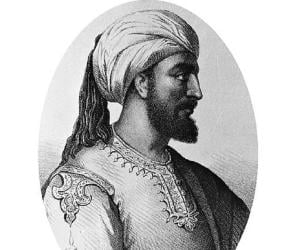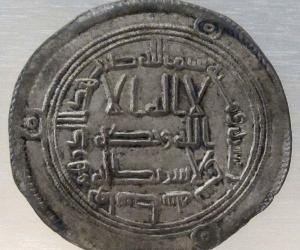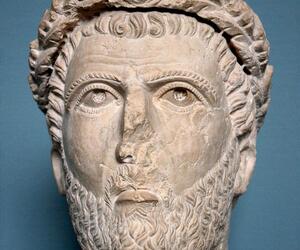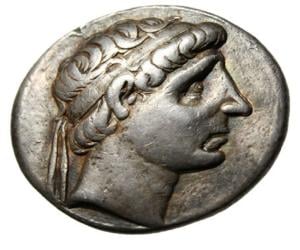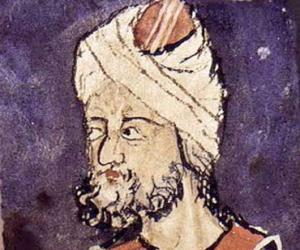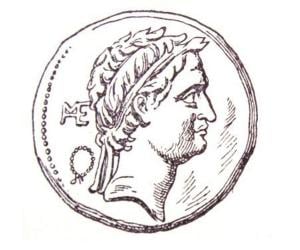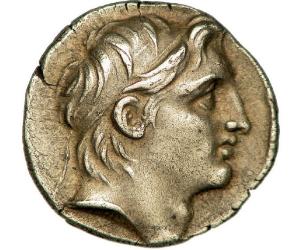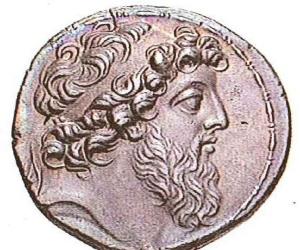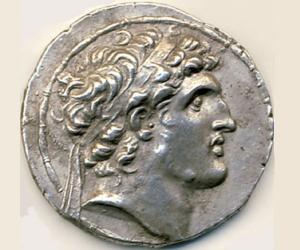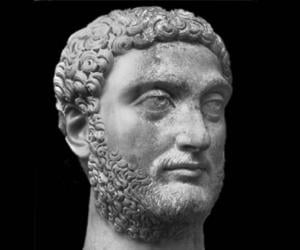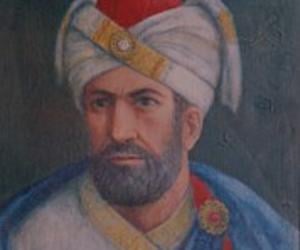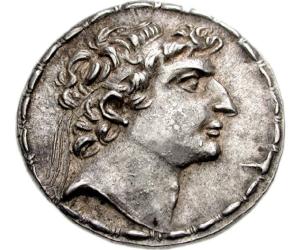1
Baibars
(Sultan of Egypt)
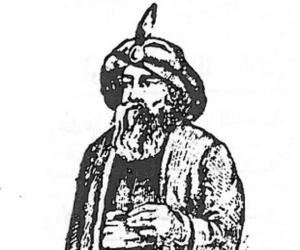
16
3
Birthdate: July 19, 1223
Sun Sign: Cancer
Birthplace: Cumania
Died: July 1, 1277
Baibars, also known as Al-Malik al-Zahir Rukn al-Din Baybars al-Bunduqdari, was the fourth Mamluk sultan of Egypt and Syria. He played a crucial role in defeating the Seventh Crusade led by King Louis IX of France and achieved a significant victory against the Mongol army at the Battle of Ain Jalut. His reign marked the rise of Mamluk power in the Eastern Mediterranean, leading to the end of the Crusader presence in the Levant and strengthening the union of Egypt and Syria as a dominant Muslim state. Through a mix of diplomacy and military prowess, Baibars expanded the Mamluk empire and successfully subdued challenging opponents like the Mongols and the kingdom of Makuria.
